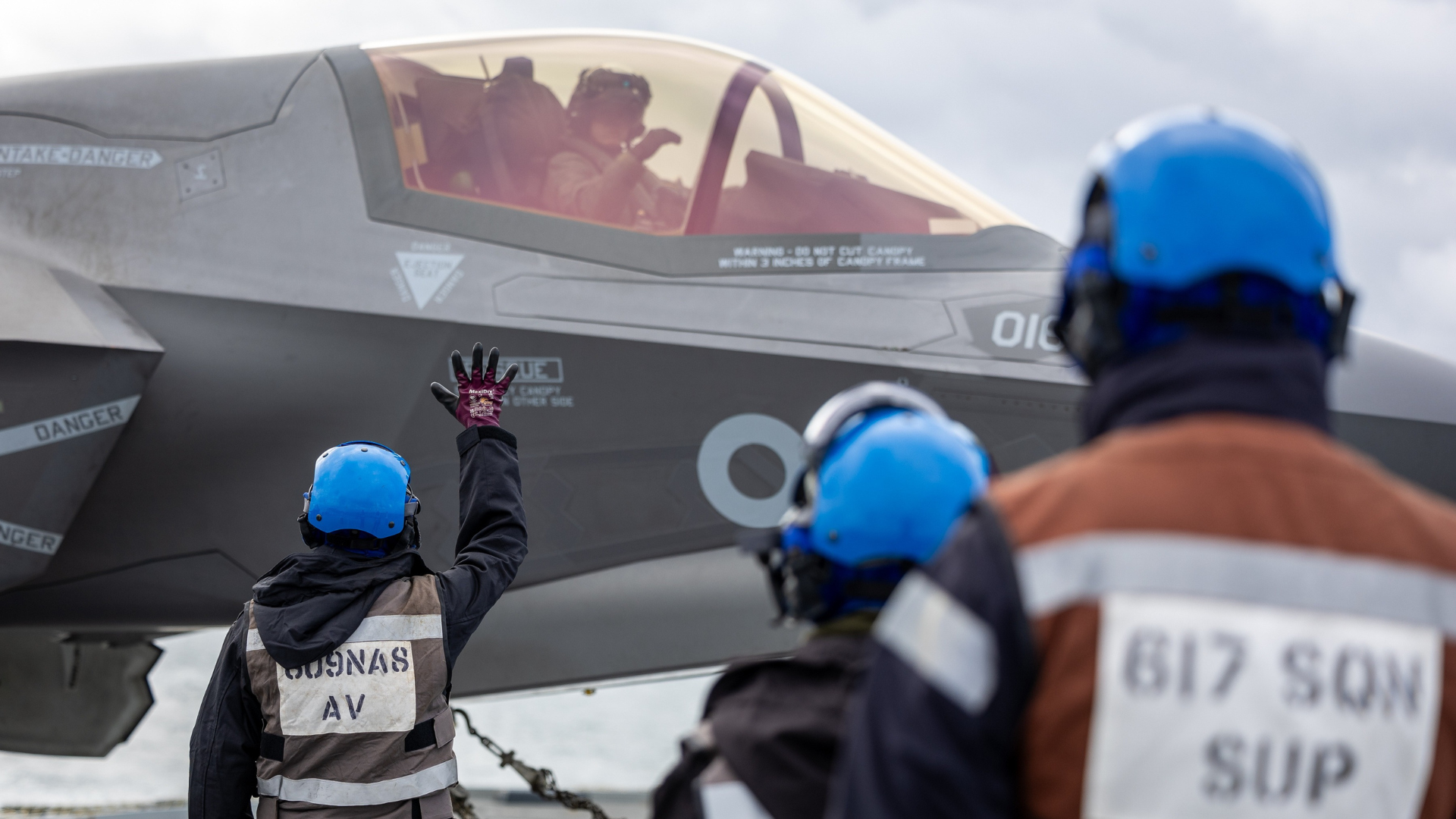
The global aviation industry yesterday achieved a truly historic feat with an agreement for the first ever global market-based measure (GMBM) for Aviation to offset CO2 emissions from international flights. The agreement represents the hard work of 2,200 delegates from 185 Members States, as well as 56 observer delegations over the past 10 days – including a delegation from the International Coordinating Council of Aerospace Industries Association (ICCAIA), which represents the Aerospace manufacturing sector.
The scheme will begin with a pilot phase (from 2021 through 2023) and a first phase (from 2024 through 2026), and will apply to the 65 States that have volunteered to participate in the scheme from the outset. Critically, this first stage includes the US, China and all member states of the EU; ensuring that the scheme covers some 83% of international flight operations from the beginning in 2021.
The second phase (from 2027 through 2035) would apply to all States that have a significant individual share of global aviation activities (over 0.5% of global traffic), and exempts small, developing and landlocked countries. This will base the system upon aviation market size and rather than geography – with offsetting delivered through projects such as the UNFCCC’s Clean Development Mechanism.
Overall, ICAO’s GMBM represents the world’s first carbon offsetting scheme for any global sector.
Paul Everitt, Chief Executive of ADS Group, stated:
“The global aviation industry should be rightly proud of the unprecedented agreement reached at ICAO’s General Assembly in Montreal this past week. A global emissions scheme will play as crucial role as the sector continues to work tirelessly in improving the environmental footprint of aviation. Here in the UK, strong and continued investment in the Aerospace Technology Institute (ATI), will ensure that our businesses remain at the forefront of developing the next generation of cleaner, quieter and more efficient aircraft.”
So what does this agreement mean for manufacturers?
The GMBM scheme is part of ICAO’s ‘basket of measures’ required to improve civil aviation’s environmental footprint. These measures include new technology development, wider use of sustainable alternative fuels, operational improvements and infrastructure developments. A greater focus will therefore be placed on manufacturers and the key role they play in new technology development – with the Aerospace industry investing around $15bn per year in R&D. The scheme also adds to ICAO’s ‘year of action’, with the previous agreement on CO2 standards back in February meaning aircraft manufacturers will be required to comply with a variety of CO2 emissions stringency criteria levels, before an aircraft can be certified and finally delivered to airlines and operators in the future.
As part of the Aerospace Growth Partnership (AGP), the UK’s £3.9 billion Aerospace Technology Institute (ATI) will continue to play its part; investing in new technology projects through to 2026. So far, the ATI has launched over 100 projects, involving 134 entities ranging from large to small companies, Universities and Catapult centres. Projects include a £17m programme called iCore – led by Rolls-Royce with leading UK universities and suppliers, which aims to reduce overall engine fuel burn by developing new aerothermal technology.
The next step to ensure the global scheme works effectively during the pilot phase, with airlines able to report their emissions, and governments able to monitor and verify them. It is also important that the EU revisits its Emissions Trading Scheme (ETS) for aviation – seeking to remove any disincentive for global airlines to comply with ICAO’s scheme, and any potential competitive disadvantages for European operators and businesses.





